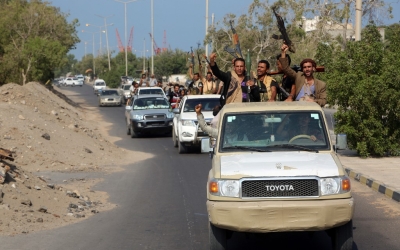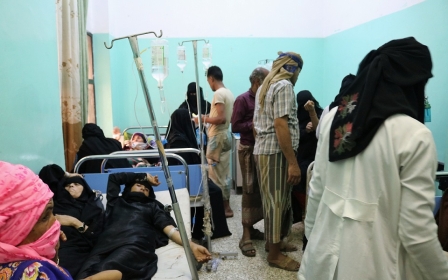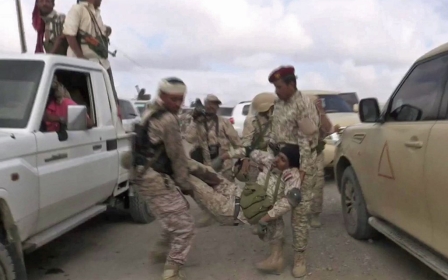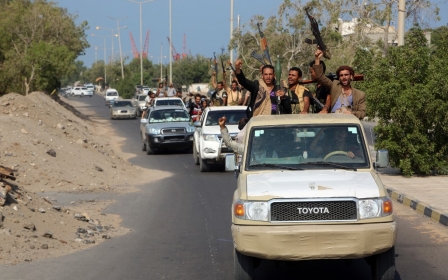Yemen's Houthis say Dubai and Abu Dhabi in missile range if Hodeidah truce cracks
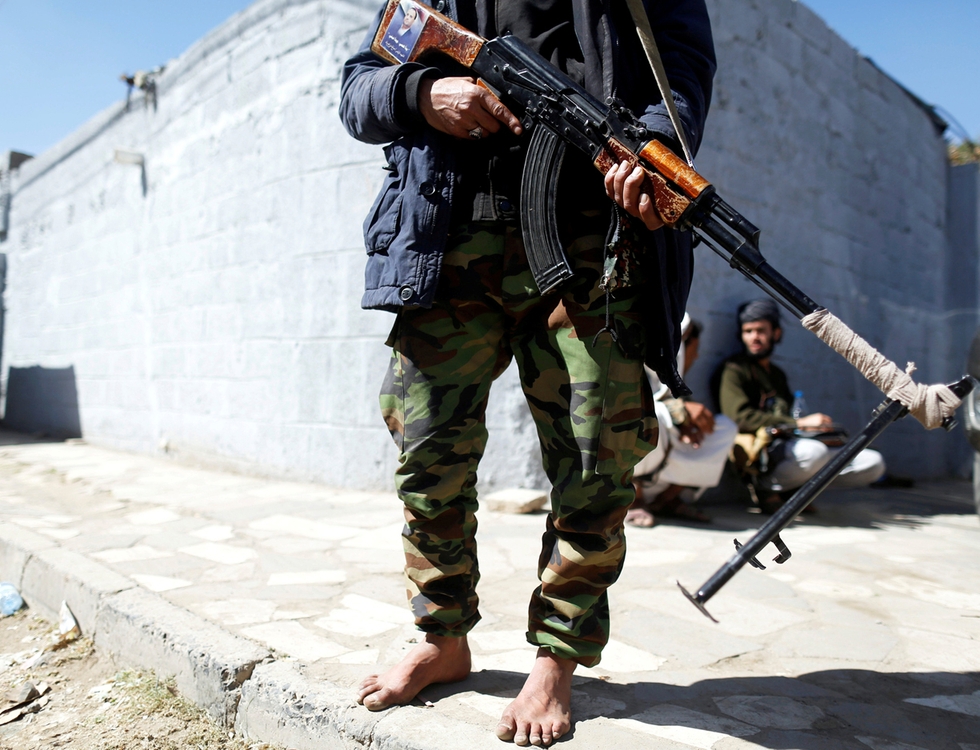
Yemen's Houthi forces have missiles that could be fired at Riyadh, Dubai and Abu Dhabi should violence escalate in the main Yemeni port city of Hodeidah, where a fragile ceasefire is now in place, the leader of the Houthi movement said on Monday.
Yemen's four-year war pits the rebel group against the internationally recognised government of President Abd-Rabbu Mansour Hadi, which is backed by a Saudi-led coalition of Yemeni and Arab forces, including the United Arab Emirates.
Hodeidah port is the entry point for most of Yemen's humanitarian aid and commercial imports and is the current focal point of United Nations efforts to implement a December deal between the warring parties.
"Our missiles are capable of reaching Riyadh and beyond Riyadh, to Dubai and Abu Dhabi," Abdul Malik al-Houthi told Houthi-run Masirah TV.
"It is possible to target strategic, vital, sensitive and influential targets in the event of any escalation in Hodeidah," he said. "We are able to strongly shake the Emirati economy."
Houthi forces regularly fire missiles into southern Saudi Arabia and occasionally aim for targets such as the capital Riyadh or facilities of state oil company Saudi Aramco.
Most missiles have been intercepted by the Saudi military.
Stalled process
The UN is trying to get both sides to pull troops out of Hodeidah but the process has stalled. Both sides blame the other for lack of progress.
Although a ceasefire largely holds in Hodeidah, violence continues elsewhere and has escalated in recent weeks. Saudi air strikes have continued, with a recent strike on a school that killed 11 civilians, according to the UN.
Yemen's latest conflict began in late 2014 when Houthi forces drove Hadi's government out of the capital Sanaa.
The Saudi-backed alliance intervened in March 2015 to restore Hadi's government.
The Houthis, who say their revolution is against corruption, control the capital Sanaa and most population centres.
Middle East Eye delivers independent and unrivalled coverage and analysis of the Middle East, North Africa and beyond. To learn more about republishing this content and the associated fees, please fill out this form. More about MEE can be found here.


